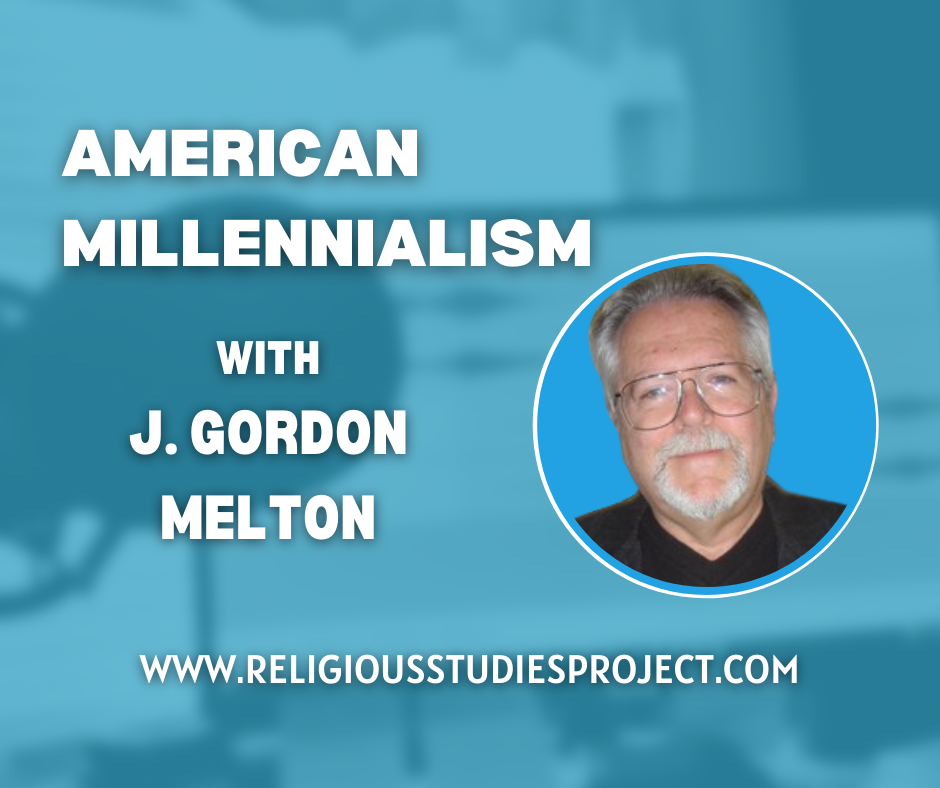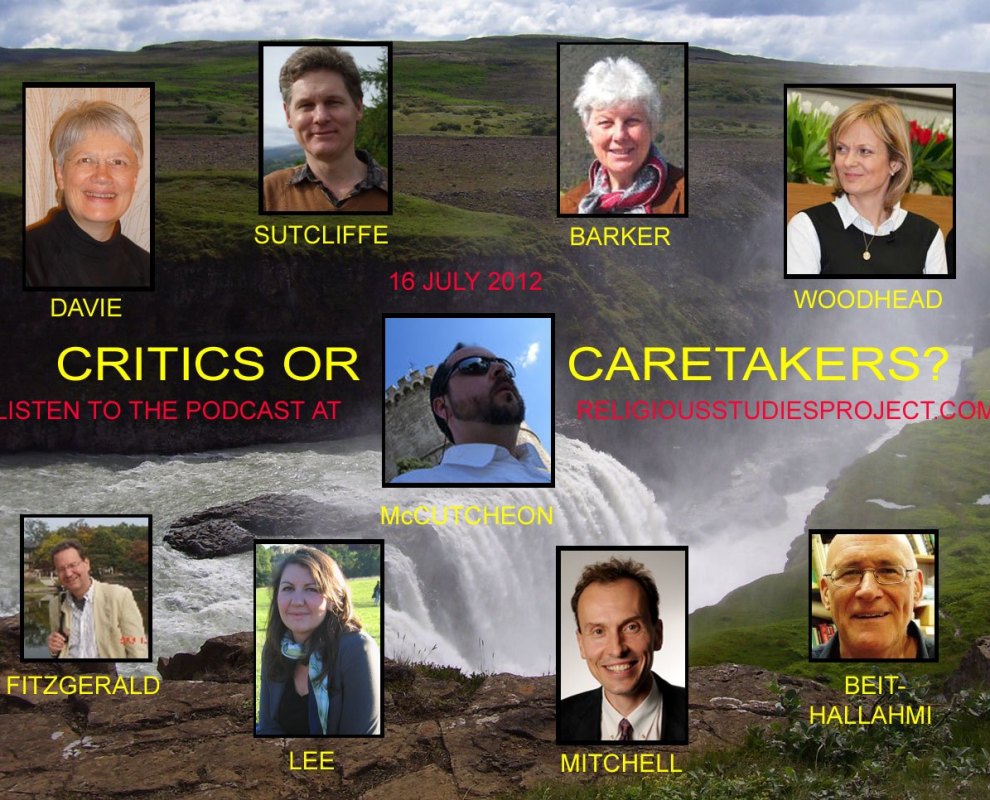Religious Studies Opportunities Digest – 28 Dec 2012

Description: We are happy to announce that the application period for the Leo Baeck Summer University 2013 has begun.The Leo Baeck Summer University is an English-language six-week summer school in Jewish studies at the Humboldt University, Berlin, under the auspices of the new Zentrum fr Jdische Studien Berlin- …
Who joins New Religious Movements?

In this episode of the Religious Studies Project, Lewis shares some of his views on the study of NRMs. It seems, claims Lewis, that our current generalizations about who joins such movements is based on outdated statistics. It seems no longer to be the case that it is primarily young people who join NMRs, rather joiners’ age has increased during recent decades.
An Astrology (and Spiritualities) for the Modern

“Campion’s suggestion of Theosophical astrology being an astrology for the modern, in the context of a revision of the Enlightenment and ‘modernity’, sheds light on the place of alternative, holistic, and esoteric spiritualities in the modern world.”
[Theosophical astrology] is an astrology of modernity’, suggests Nick Campion in his interview with the Religious Studies Project. However, before even coming to this suggestion,
Brian Victoria on Zen Buddhist Terrorism and Holy War

Is there something particular about religion which makes it a more potent ‘violence enabling mechanism’ than other factors? Are some religions more likely to inspire violence than others? And why should scholars even care? In this interview, Chris discusses these issues and more with Professor Brian Victoria, who, in addition to his scholarly credentials, is a fully ordained Zen Buddhist priest.
Multiplying The Modernities: Reflections on the 2012 AASR/AABS Conference

“Overall, the conference featured ninety speakers, presenting one presidential address, two memorial lectures, and eighty-eight papers. They covered an impressive array of topics, from the spiritual aspects of home-birthing, to the phenomenon of Christians that seek membership of outlaw motorcycle clubs, to religious pilgrimage in Myanmar, and Shariah in the context of Australian law.”
The Sacred

Religion and the Sacred, the Sacred and religion. Two words that seemingly go together like hand in glove but just how accurate is that? When we talk about religion it’s very hard not to talk about the Sacred but when we talk about the Sacred does this mean we have to talk about religion? What does the Sacred even mean? This introduction began with “Sacred” but it may well be more appropriate to write “sacred”.
Prophecy and American Millennialism

“RastafarI is itself a millennial movement with the belief that Haile Selassie I is the God Liberator, an avatar returned to restore True Salvation for the subaltern people of African lineage. It is also a revolutionary movement which wants to change the lot of Africans…”
J. Gorton Melton is a leading academic specialist on new religious movements, a scholar of occultists, Scientologists, Rosicrucianists, Neopagans, …
American Millennialism

Why is it that millennialism – the belief in an immanent return of Christ to Earth – has had such a particular fascination for the American people? In this wide-ranging episode, J. Gordon Melton joins David G. Robertson to discuss the history of minority religious groups in the US.
Religion, Space and Locality

Over the past decade or so, the academic study of religion has become infused with a (re-)appreciation of the importance and impact of space, place and location upon its field of study. Of course, scholars have for a long time been aware of the need to situate ‘religion’ in context, however, the spatial analysis goes far beyond mere description of physical or cultural spaces, …
Religious Studies Opportunities Digest – 31 August 2012

This book explores how media and religion combine to play a role in promoting peace and inciting violence. It analyses a wide range of media – from posters, cartoons and stained glass to websites, radio and film – and draws on diverse examples from around the world, including Iran, Rwanda and South Africa.
Religious Studies Opportunities Digest – 17 August Edition

Reiko Ohnuma offers a wide-ranging exploration of the complex role of maternal imagery and discourse in pre-modern South Asian Buddhism. Motherhood was sometimes extolled as the most appropriate symbol for buddhahood itself, and sometimes denigrated as the most paradigmatic manifestation of attachment and suffering. In Buddhist literature,
Religious Studies Opportunities Digest – 10 August Edition

In this illuminating study of a vital but long overlooked aspect of Chinese religious life, Jimmy Yu reveals that in the sixteenth and seventeenth centuries, self-inflicted violence was an essential and sanctioned part of Chinese culture. He examines a wide range of practices, including blood writing, filial body-slicing, chastity mutilations and suicides, ritual exposure, and self-immolation, arguing that each practice was public, scripted,
Religious Studies Opportunities Digest – 20 July 2012

Identity, Religion and Ethnicity are three terms interrelated and become all important issues in the European Union and its neighbourhood. The socio-economic transformations of societies resulting from immigration and emigration of people, mindsets, symbols are forcing the change on identity and citizenship relations. Today, a high degree of human mobility,
Should Scholars of Religion be Critics or Caretakers?

The inspiration for this episode came from one of Russell McCutcheon’s works which we had encountered through the undergraduate Religious Studies programme at the University of Edinburgh, entitled ‘Critics Not Caretakers: Redescribing the Public Study of Religion’. The result is this compilation of differing opinions and interpretations …
So What Is Religion Anyway? Power, Belief, the Vestigial State

Prof. Goldenberg’s interview raises as many questions as it answers, in a good way. It seems to square the circle. She puts the topic of “religion” into context by making it disappear — or, to put it less cryptically, she insists that the codes by which we understand religion to be defined, and perhaps “made official”, are in fact no different from any other codes of law.
